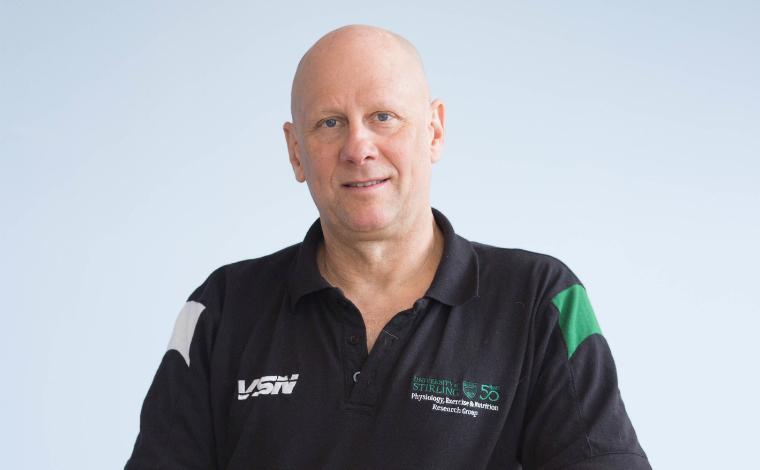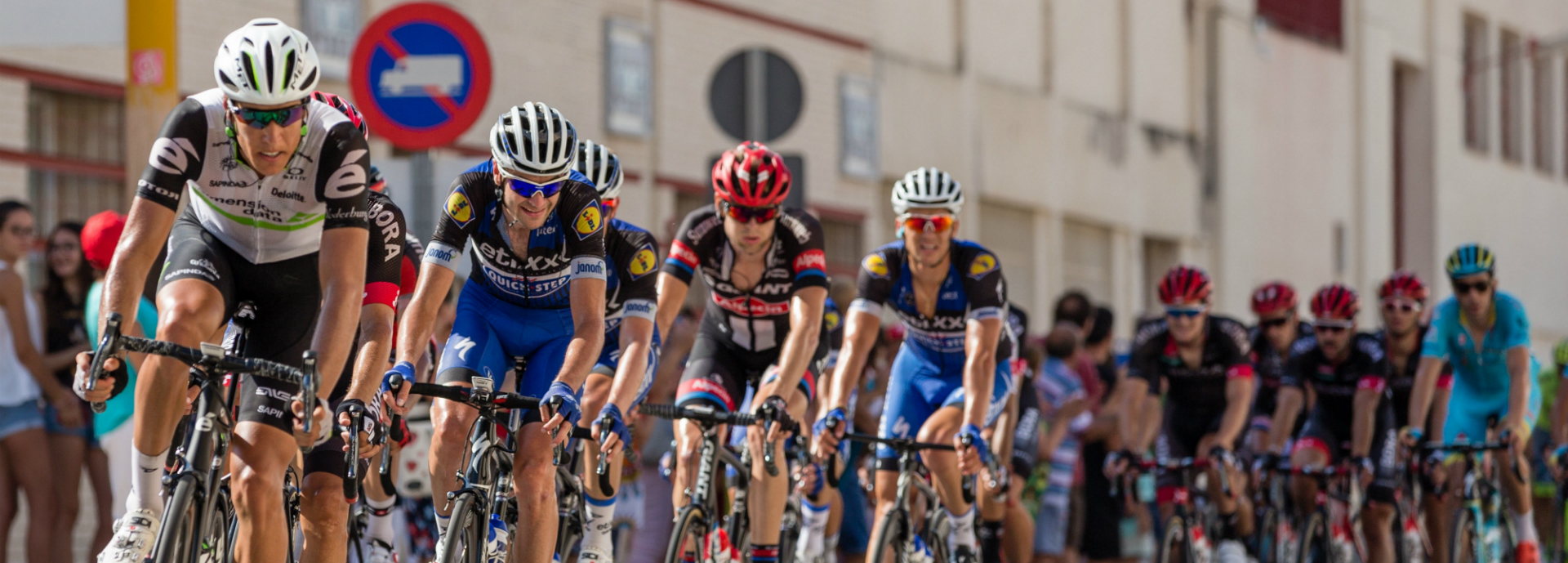Eating breakfast prior to exercise may “prime” the body to burn carbohydrates and more rapidly digest food post-workout, according to research involving the University of Stirling.
Experts from the Faculty of Health Sciences and Sport – working with colleagues from the Universities of Bath, Birmingham and Newcastle – studied the effect of eating breakfast compared to fasting overnight before an hour-long session of cycling.
Twelve healthy male volunteers ate porridge, made with milk, two hours prior to exercise and the participants had their blood glucose levels and muscle glycogen levels recorded.
In a control experiment, breakfast was followed by three hours of rest.
The team discovered that eating breakfast increased the rate at which the body burned carbohydrates during exercise, as well as increasing the rate the body digested and metabolised food eaten after exercise too.

Professor Kevin Tipton worked on the project.
Professor Kevin Tipton, Chair in Sport, Health and Exercise at Stirling, said: “This is the first study to examine how breakfast before exercise influences our response to meals following exercise.
“The main findings suggest that breakfast before exercise will influence the metabolic response to exercise, namely by increasing the amount of carbohydrates used for energy.”
He added: “One interesting aspect of this finding is that we may need to change how we study metabolic responses to exercise.
“Normally, we study exercise responses after an overnight fast, but these results suggest that this approach may not give results that are applicable in all situations.
“This is an important first step toward determining how timing of meals influences metabolic response to exercise, however, more work needs to be done to understand the long term implications.”
Dr Javier Gonzalez, Senior Lecturer in the Department of Health at Bath, co-led the study alongside Rob Edinburgh, PhD student.
The research – Pre-Exercise Breakfast Ingestion versus Extended Overnight Fasting Increases Postprandial Glucose Flux after Exercise in Healthy Men – is published in the American Journal of Physiology: Endocrinology and Metabolism. It was funded by grants from The European Society for Clinical Nutrition and Metabolism, The Rank Prize Funds, and the Medical Research Council.
Background information
Media enquiries to Greg Christison, Communications Officer, on 01786 466 687 or greg.christison@stir.ac.uk

